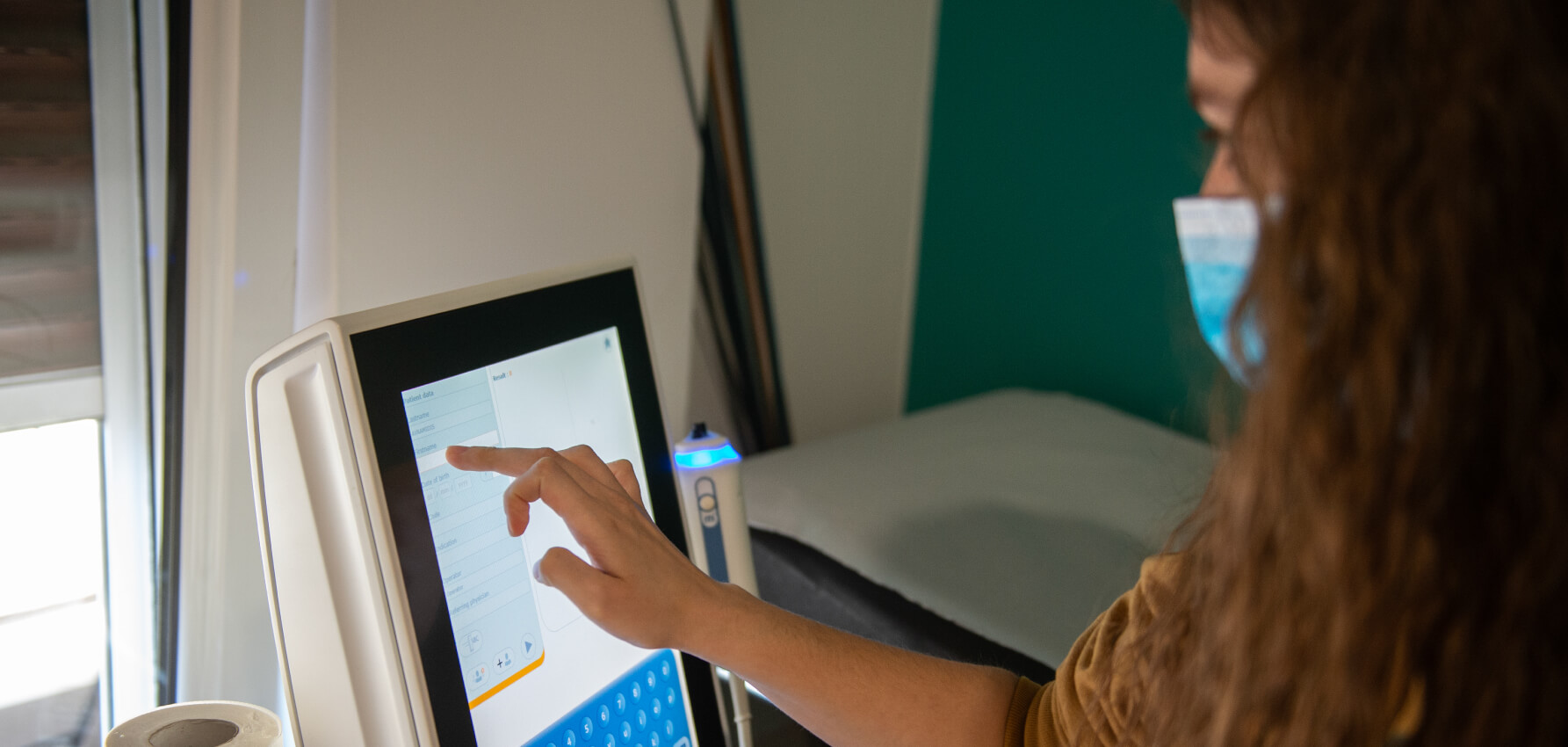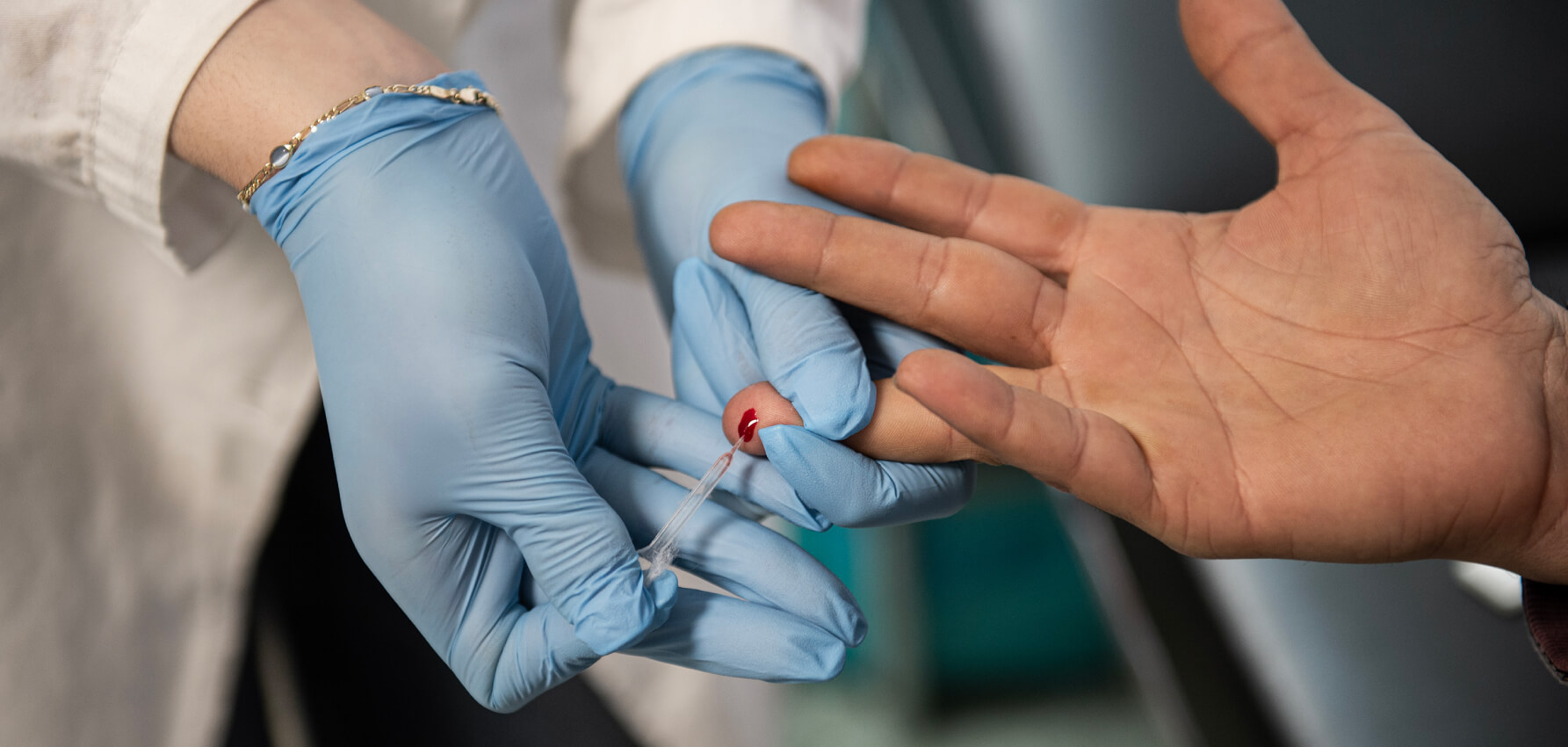Our Mission
Promitheas’ mission is to ensure that every citizen has uninterrupted and equal access to quality healthcare services, timely diagnosis, appropriate medical care, and full respect for their fundamental rights.
Our Principles
Promitheas works systematically to ensure that all people, especially the most vulnerable, have access to prevention, early diagnosis, and appropriate healthcare.
Our goal is to make sure every citizen’s voice is heard and that health services are accessible to all, regardless of their socioeconomic status.
Accountability
Empathy
Integrity
Collaboration
Inclusion
Our Achievements
Access and Prevention
With the support of the country’s largest philanthropic foundations, we have managed to offer free liver elastography screenings to over 20,000 patients, reaching the lives of vulnerable groups such as the elderly, people who use drugs, and inmates in correctional facilities.
Prometheus’ programs in correctional facilities have been internationally recognized and are cited in the WHO’s best practice manual for viral hepatitis. This recognition highlights our commitment to improving the lives of people living under difficult conditions. Within two years, we screened 75% of the total prison population in Greece — approximately 7,500 inmates — significantly strengthening prevention efforts.
Advocacy
Through evidence-based advocacy, Promitheas has achieved significant changes and continues to actively defend the rights of people with liver diseases.
In 2023, we secured a legislative change granting inmates access to healthcare services, ensuring that even prisoners without a social security number (AMKA) have access to medical care.
In 2021, after years of institutional pressure, we achieved a change in the legal framework making Naloxone — a substance that plays a critical role in reducing deaths from opioid overdose — available to the entire population.
In 2019, we received the gold award from the Prix Galien Institute for our contribution to negotiations that secured access to innovative hepatitis C treatments. Restrictions had excluded 3 out of 4 patients, but after persistent advocacy, in 2017 the new drugs became accessible to all.


